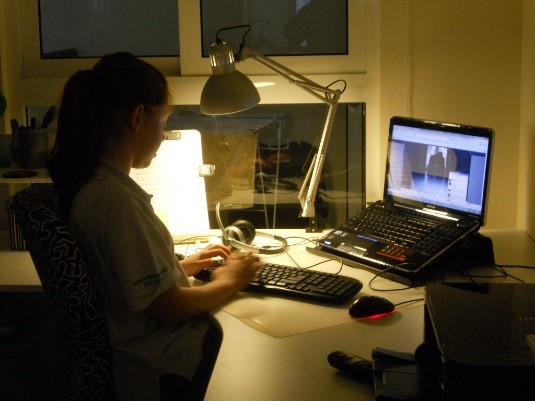
Homework is an unnecessary part of the education system that does more harm than good. A recent debate on the value of homework raises the question of whether teachers should assign it to students at all.
According to Janine Bempechat, a developmental psychologist focused on the socialization of achievement, homework can increase achievement motivation, boost a student’s confidence, allow teachers to understand student abilities, and improve skills such as responsibility, confidence, planning, and self-motivation. Brain Power Learning agrees, adding that homework prepares students to complete tasks in the real world that they do not want to complete. Mark Campione, a physics teacher at Central Bucks High School West, speaks on the idea that homework completion correlates to better grades when he says, “For both the motivated and unmotivated students, homework leads to you getting better grades on assessments than you would if you didn’t complete it.” Although homework was proven to have a positive correlation with student grades, this does not mean that homework caused good grades; instead, it is likely to be the result of other confounding factors. Students who are motivated to do their homework also tend to be more motivated to do well in school by studying for exams and completing assignments.
The idea that homework leads to better grades may be substantial in certain student-dependent situations; however, this study does not include the effects of stress, exhaustion, and lack of interest that leads to academic burnout among students, as found by Alfie Kohn, lecturer in education and human behavior. Senior at Central Bucks High School West and future Georgetown University student Nina Mayro says, “When I don’t know how to do my homework, I feel flustered.” She adds, “On nights I have homework, I become much more stressed and impatient with my family and friends. I can’t really do the things I hope to do because I spend my time doing schoolwork.” According to Chris McNutt, a progressive education advocate, activities promoting exercise, quality time with family, and real-world learning correlate to student growth and academic and social success. McNutt continues by saying that excessive homework interferes with these things. Considering that homework is thought to prepare students well for the real world, many students agree that other tasks are more important to learn rather than learning to simply complete tasks they do not want to complete. Mayro also explains that tasks such as doing laundry, handling money, and managing relationships can be difficult and unwanted tasks, however, they offer much value to students growing up.
Because the effects of homework, in many cases, have proven to be beneficial to students’ learning, but excessive homework creates a clear issue, a compromise among teachers and students will cause the best-case scenario. With limited assigned homework that is concise and manageable, students will have the opportunity to properly review topics learned in class while still having time to themselves, and teachers will be able to get a good sense of students’ understanding of the topic.
Sources:




